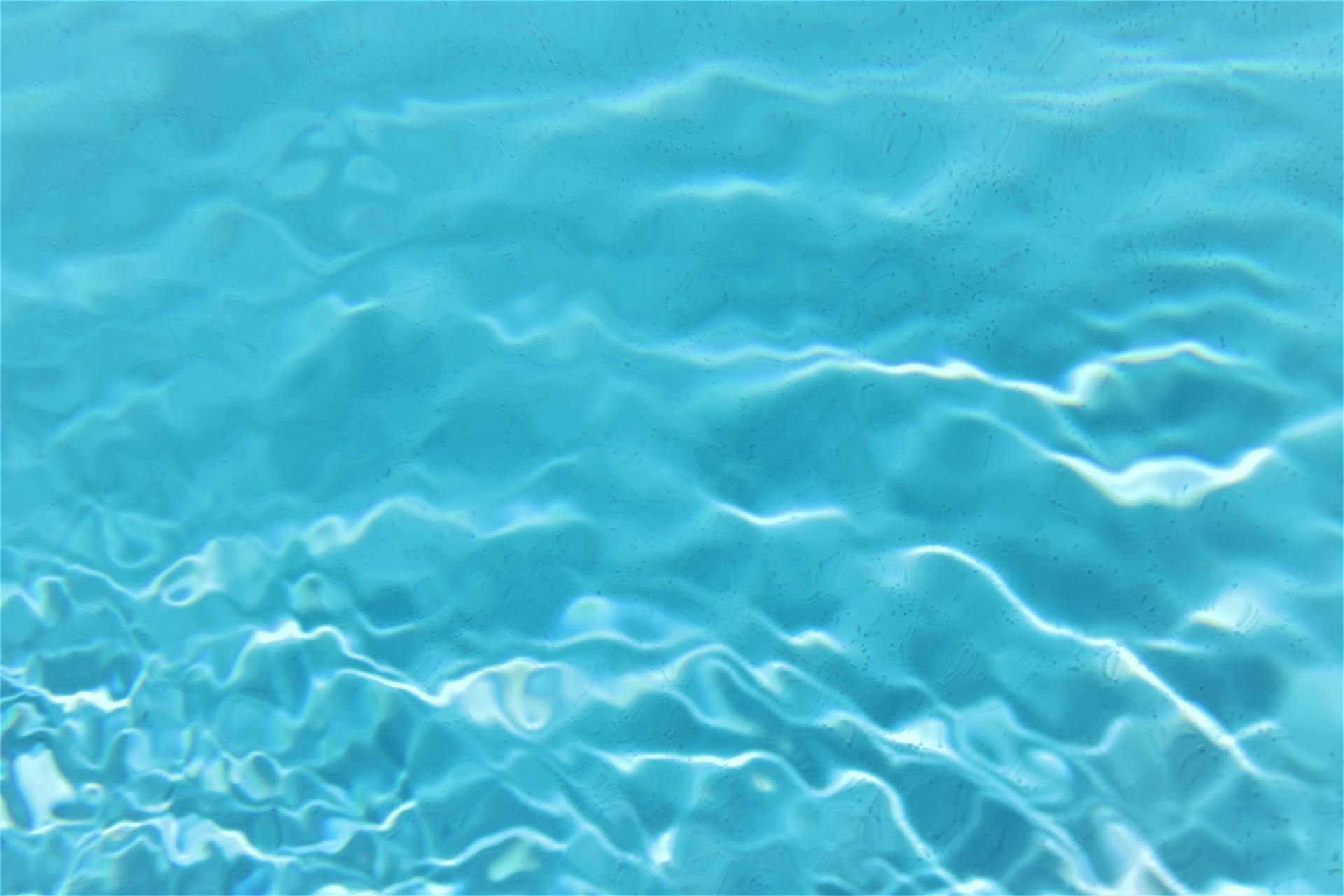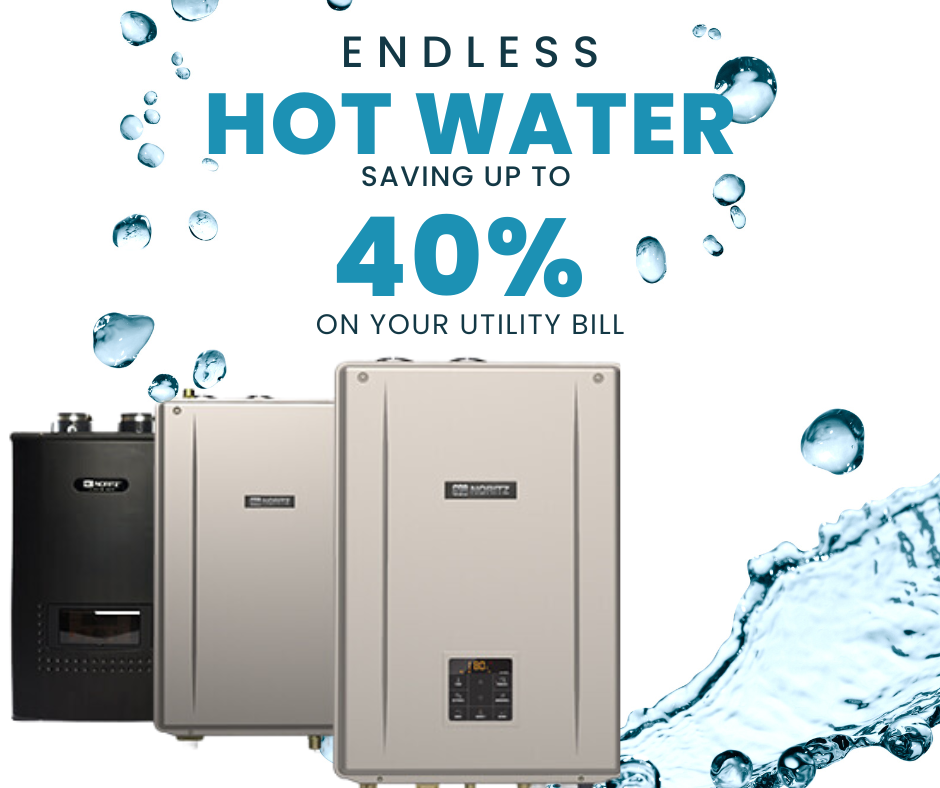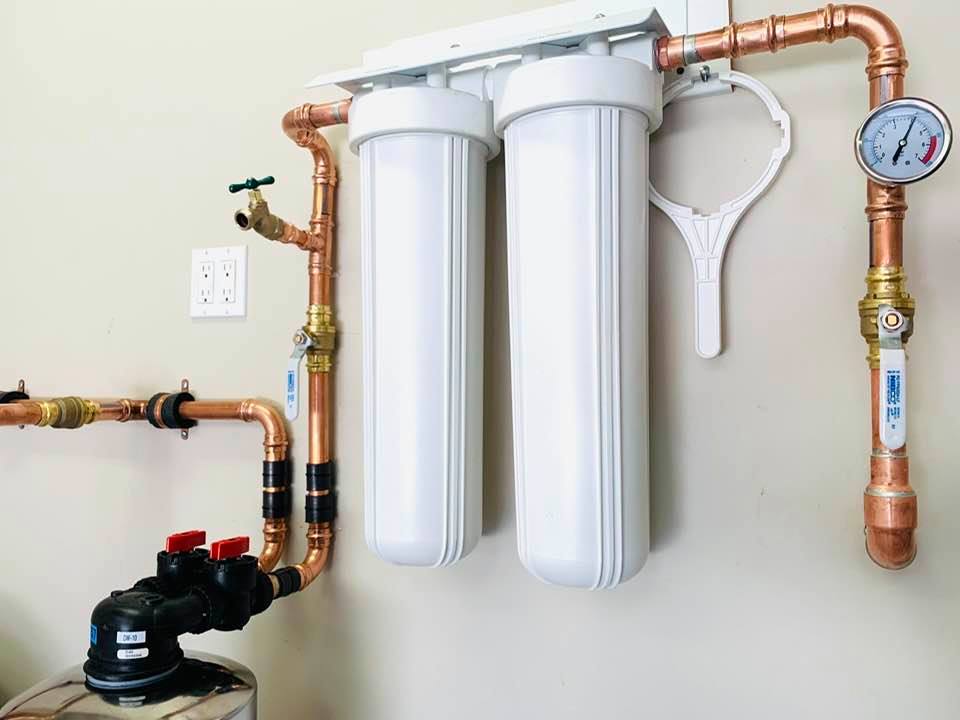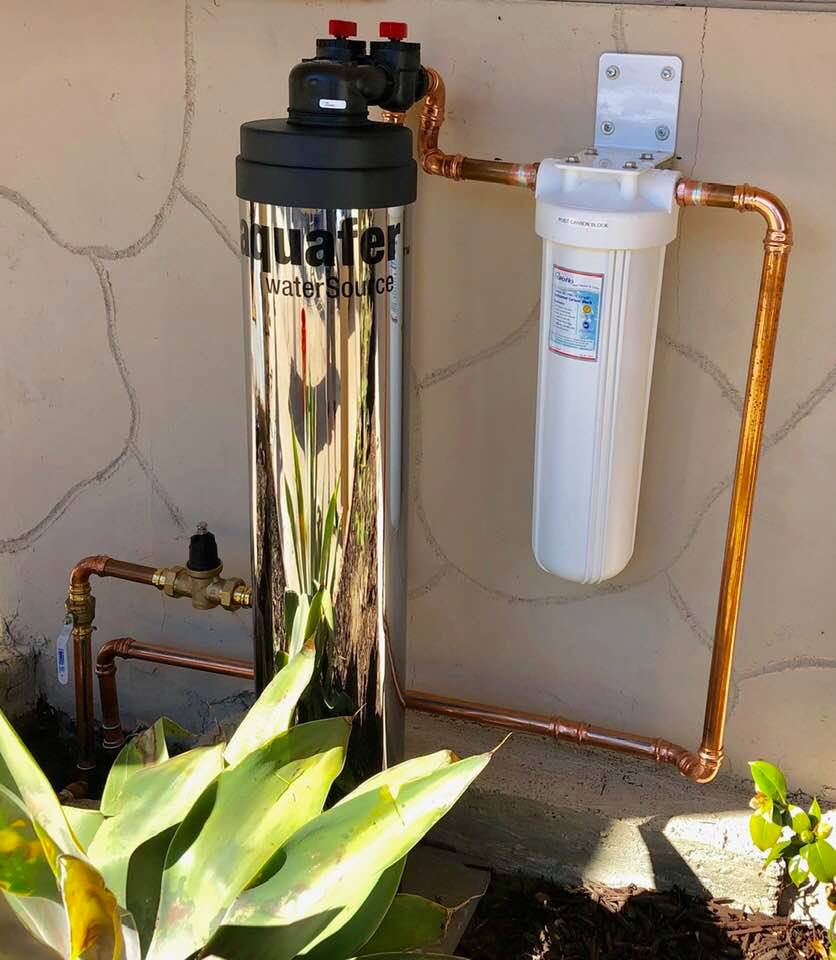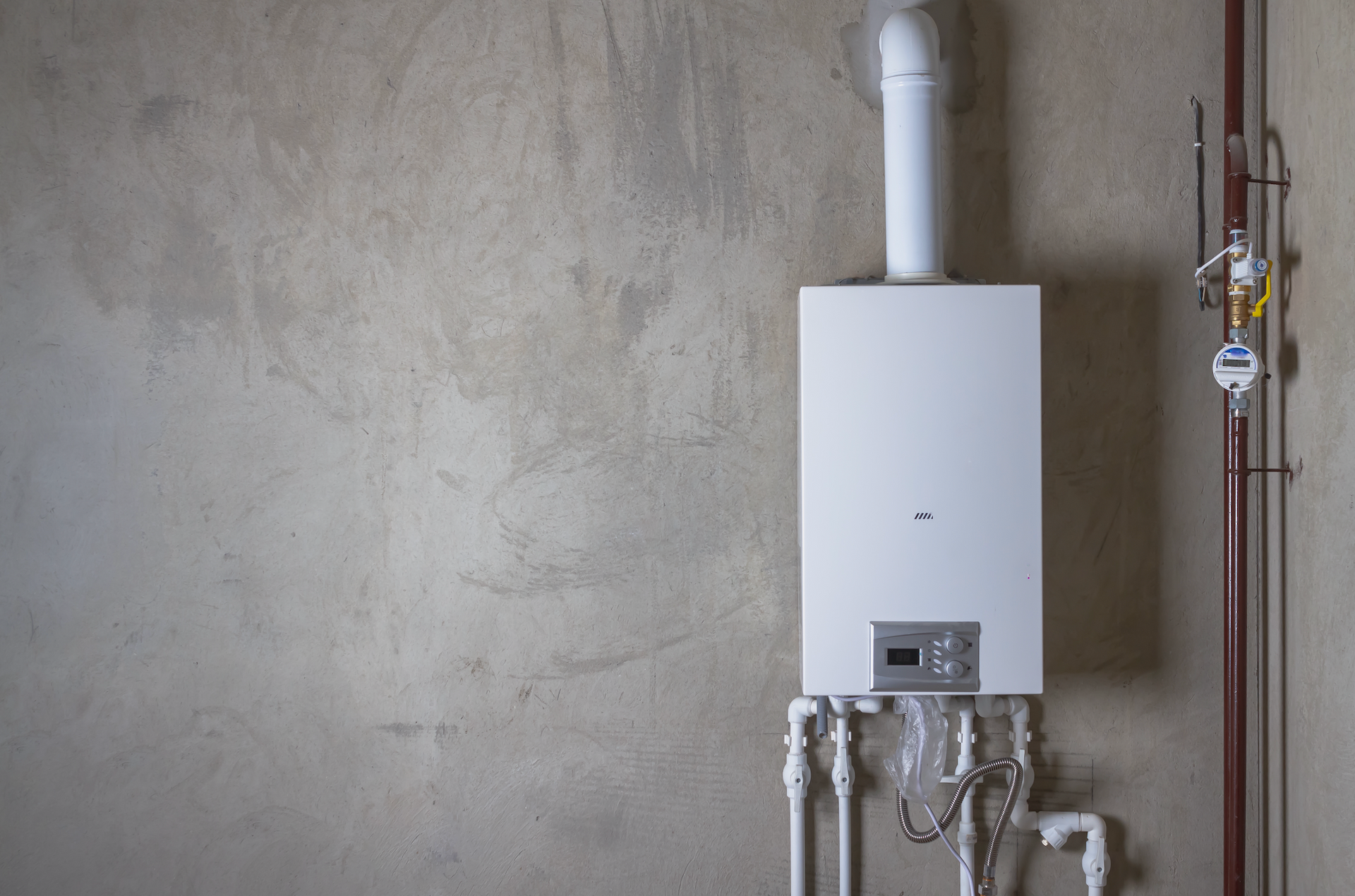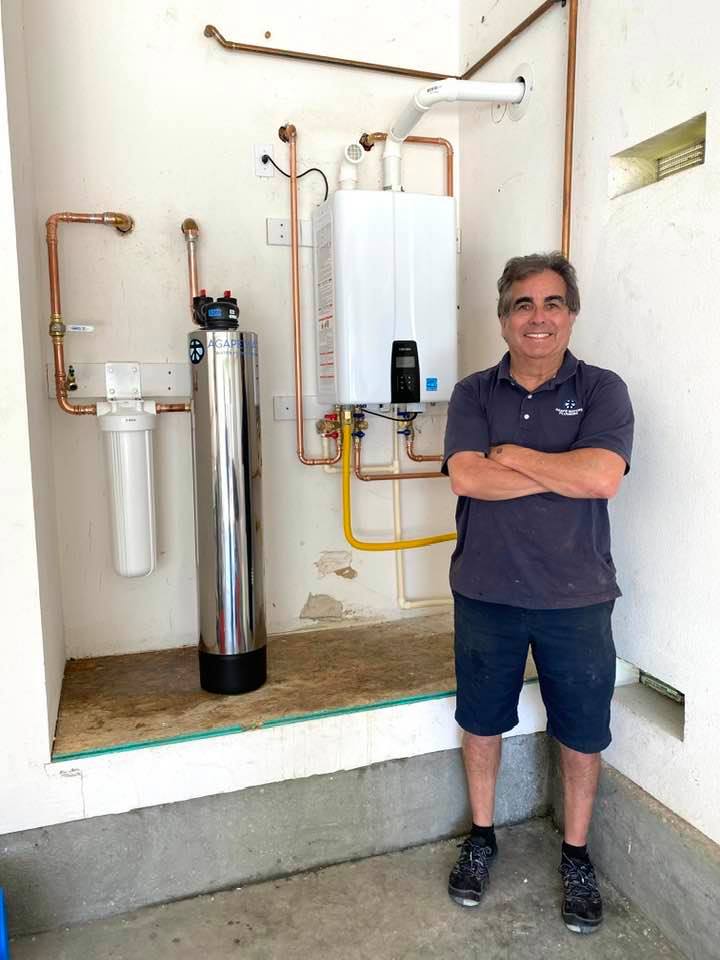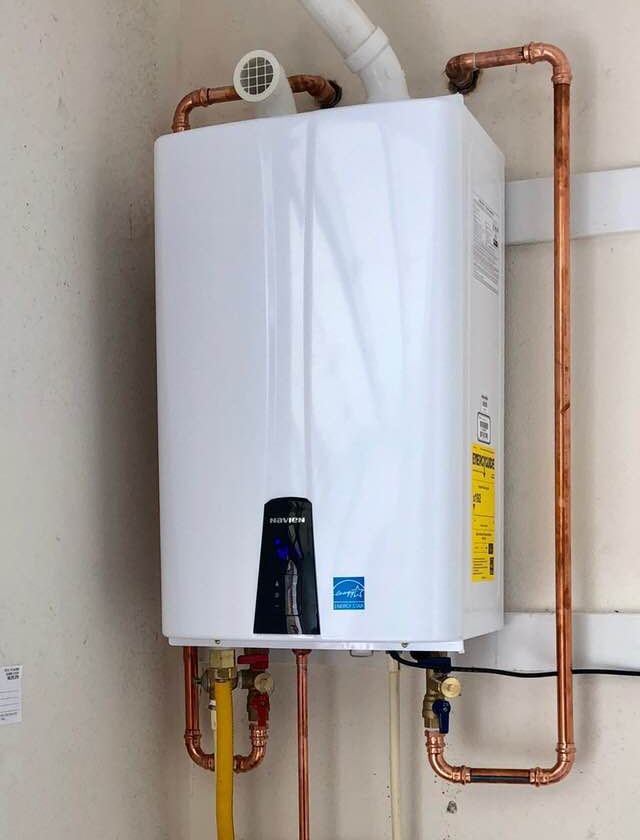The Advantages of Salt-Free Water Conditioners over Salt-Based Systems
The Difference Between Salt-Free Water Conditioners and Salt-Based Systems
Though not as commonly understood as water filtration, water conditioning is an important element of ensuring the quality of water in households and businesses. Traditionally, salt-based water softeners have been the primary solution that homeowners and businesses have used to address the many issues that can arise from hard water. While effective, salt-based systems come with their own set of drawbacks, including environmental concerns, health implications from increased sodium intake, and higher maintenance costs.
As a result, many have begun to recognize the advantages of salt-free water conditioners over salt-based systems. These systems utilize advanced technologies like template-assisted crystallization (TAC) to prevent scale buildup without actually changing the chemical composition of the water. This means that you get to retain all of those beneficial minerals that are inherently within our water, providing a healthier and more environmentally friendly solution.
Understanding Traditional Salt-Based Water Conditioners
How Salt-Based Systems Work
Salt-based water conditioners, also known as water softeners, utilize an ion exchange process to “soften” hard water. Throughout this process, hard water, (which contains high levels of calcium and magnesium), will pass through a resin bed inside the softener tank. As the hard water flows through the tank, the resin beads attract and capture the calcium and magnesium, replacing them with sodium. This exchange effectively softens the water, reducing the amount of “hardness” in the water. Perhaps most importantly, while also preventing damaging scale buildup in pipes and appliances.
The Limitations and Drawbacks of Salt-based Water Softeners
While many have historically recognized the benefits of salt-based water conditioners offer, many drawbacks have become understood in recent years:
- Environmental Impact: Through the “softening” process, salt-based systems produce brine as a byproduct, which contains high levels of sodium and other environmentally dangerous contaminants. This brine is commonly released into the environment which can harm aquatic ecosystems and soil quality. Within Southern California, this can be particularly damaging.
- Health Concerns: The added sodium in softened water can also be dangerous for people on low-sodium diets or for people with hypertension. While the amount of sodium added is generally low, it still will contribute to overall sodium intake.
- Maintenance and Operational Costs: Finally, salt-based systems require more significant maintenance than salt-free systems, including the replenishment of salt and periodic cleaning of the resin bed. These ongoing costs, along with the need for electricity to operate the system, adds up over time.
Due to these limitations, homeowners and businesses have increasingly examined the advantages of salt-free free water conditioners as an alternative.
An Introduction to The Advantages of Salt-Free Water Conditioners
How Salt-Free Water Conditioners Work
Salt-free water conditioners, unlike their salt-based counterparts, do not rely on ion exchange to treat hard water. Instead, these systems use advanced technologies such as template-assisted crystallization (TAC). In a TAC system, water flows through a tank containing a specialized media that acts as a catalyst.
This media converts the hard minerals, primarily calcium and magnesium, into harmless, inactive microscopic crystals. These crystals remain suspended in the water and do not form scale on pipes, fixtures, or appliances. This process effectively conditions the water without adding any chemicals or altering its composition.
The Key Advantages of Salt-Free Water Conditioners
Salt-free water conditioners have been gaining popularity for both residential and commercial properties due to their unique advantages.
- Scale Prevention Without Chemical Alteration: Perhaps the primary benefit of salt-free water conditioners is their ability to prevent harmful scale buildup without actually changing the chemical structure of the water. In this way, household water keeps all of its natural minerals, which are incredibly beneficial for health and actually improves the taste of the water.
- Environmentally Friendly: Of particular importance within our region, since salt-free systems do not use salt or produce brine as a byproduct to the process. This means there is no harmful sodium discharge into waterways and a lower environmental footprint. Additionally, by not using salt, these systems help conserve water and reduce the demand for mining and transporting salt. Without the need to dispose of salty wastewater, salt-free water conditioners have become a clear choice for the environmentally conscious.
- Maintenance-Free Operation: Another major advantage of salt-free water conditioners is their ease of use and low maintenance requirements. These systems do not need regular salt refills or complex regeneration cycles. Once installed, they require minimal intervention, allowing homeowners and businesses to enjoy conditioned water without the hassle. The media used in salt-free systems generally has a long lifespan, often lasting several years before needing replacement, which simplifies maintenance and reduces long-term costs.
- Health Benefits: One of the most significant advantages of salt-free water conditioners is the health benefit of not adding sodium to your water supply. Unlike salt-based systems, which use sodium to replace hardness minerals, salt-free systems condition the water without altering its chemical composition. This is particularly beneficial for individuals on low-sodium diets or those with health conditions such as hypertension. By retaining the beneficial minerals in the water, salt-free systems offer a healthier alternative that supports overall well-being.
- Cost Efficiency: Although the initial investment in a salt-free system can be comparable to salt-based system, the long-term savings are significant. Reduced maintenance, no need for salt purchases, and lower operational costs contribute to overall cost efficiency.
Wrapping up the Advantages of Salt-Free Water Conditioners
Due to the many advantages of salt-free water conditioners, they have increasingly become a go-to solution for treating hard water within Southern California. From the environmental and health benefits, to the long-term cost savings, they have become the superior choice.
Agape Waters creates custom whole house water filtration, and salt-free water conditioning systems for homes and businesses throughout Southern California. For those interested in learning more about the advantages of salt-free water conditioners, contact us today.
